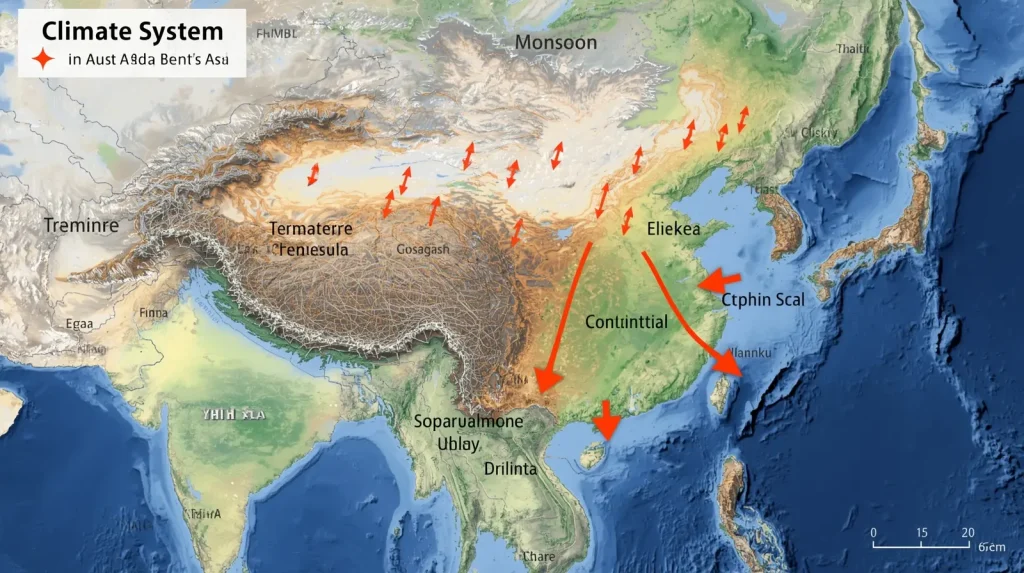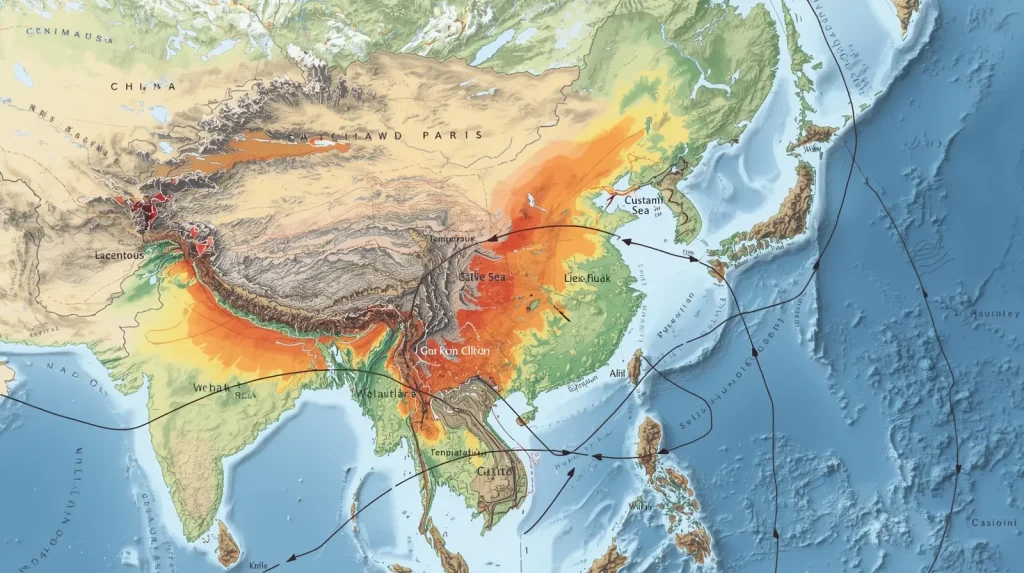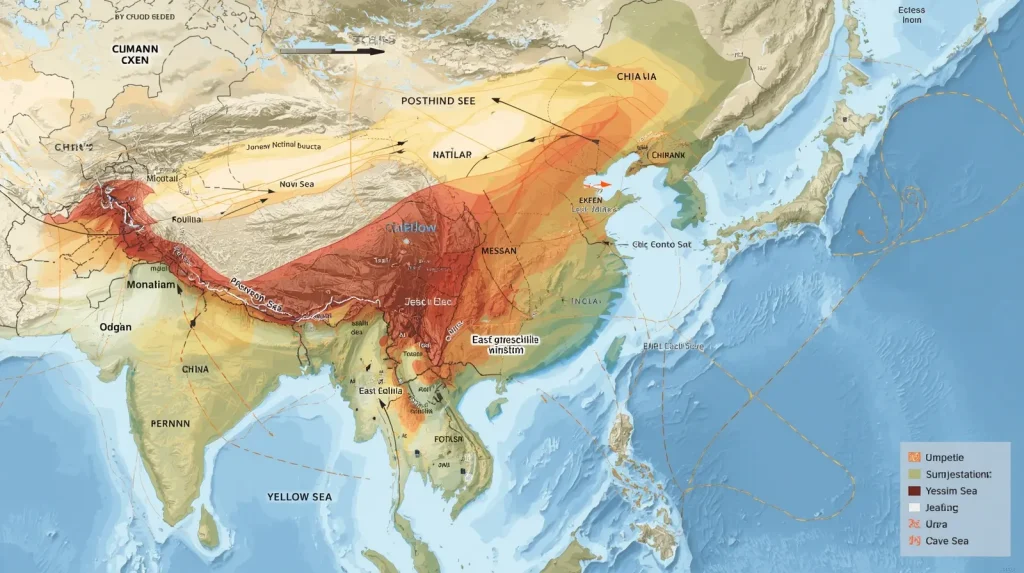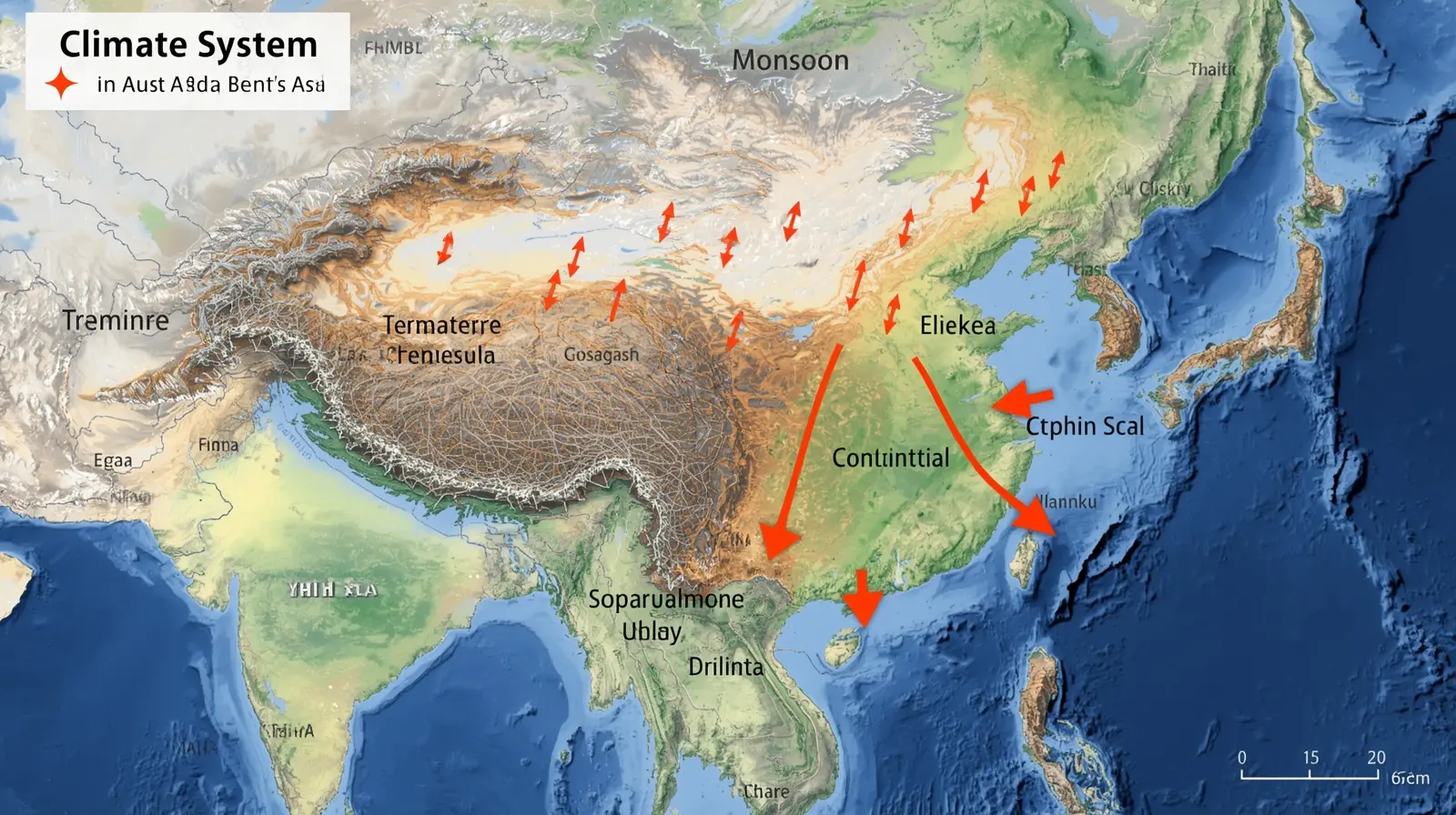Japan, China, and South Korea Grow Climate Change Cooperation
Japan, China, and South Korea are moving forward with regional sustainability and global responsibility, announcing a 5-year, climate change cooperation action plan. The agreement occurred during a trilateral environment ministers’ meeting in Yantai, China, demonstrating the willingness of East Asia’s primary economies to engage in cooperation for the environment.
East Asia Climate Action Cooperation
Japan, China, and South Korea acting in cooperation on the environment and initiating the action plan from 2026 to 2030 is the first step toward cooperation on climate change in the region. The action plan will work on 8 core focuses, with green house gas emission control and waste eco-friendly disposal being on the top of the agenda.
Environmental Eco Cooperation Confirmed
South Korea, Japan, and China meeting for the 2023 summit was the start of the new environmental eco cooperation, following a 2020 global pandemic and climate change cooperation for the region since 1999. This meeting was attended by Japan’s Minister of the Environment Keiichiro Asao, China’s Minister of Ecology and Environment Huang Runqiu, and South Korea’s Minister of Environment Kim Sung Hwan. All three ministers recognized climate change is a core environmental issue, with drastic socio-economic and security factors.
** **
Japan’s Climate Monitoring Capabilities
Minister Asao mentioned that Japan had the capability in satellite-based emission monitoring. Japan would like to share its advanced technology in measuring climate variables to ascertain the correct and real time monitoring GHG emissions in the region.
“We aim to mitigate climate change by providing emissions data that is unaltered and transparent through our satellite technology,” Asao mentioned.
This will aid in mutual support and accountability in achieving the region’s climate goals which are in line with the Paris Agreement.
China’s Assurance on Global Cooperation
Chinese Minister Huang Runqiu reassured the world that his nation will carry on the climate cooperation that is entangled within a fragmented global leadership. He mentioned that China will take the lead in the region in support of cross border emissions control, plastic pollution, and renewable energy innovative collaboration.
“Climate change knows no borders. Cooperation among neighbors is essential,” Huang said.
South Korea’s Approach to a Decarbonized Society
South Korean Minister Kim Sung Hwan argued for a quick transition to a fully decarbonized society. In support of environmental behavioral change, South Korea will continue to promote clean energy and green infrastructure, environmental education, and restorative actions.
“Our region must lead by example in tackling climate change. A decarbonized society is not an option—it’s a necessity,” said Kim.
Elements of the 5-Year Joint Action Plan
The new action plan covers the years of 2026 through 2030 and is built around eight strategic pillars. These pillars work to address the causes and impacts of climate change in a holistic manner. These pillars work to address the causes and impact of climate change in a holistic manner. They include:
- Reduction of Greenhouse Gas Emissions
- Monitoring and Sharing of Data
- Management of Plastic Waste
- Control of Waste in the Sea and Air
- Protection of Biodiversity
- Sustainable Urban Development
- Environmental Advocacy and Awareness
- Climate Adaptation and Resilience
The plan is designed to be transparent in data and public accountability through mechanisms of annual reviews and progress tracking.
The Importance of These Actions to the World
This commitment of three countries is important not only to Asia; it is also important to the rest of the world. Japan, China, and South Korea are responsible for a large share of the world’s emissions and energy consumption. Actions taken by those countries can lead to the rest of the world taking action to reach climate goals.
China is the world’s largest carbon emitter.
Japan is a technological powerhouse in green innovation.
South Korea is rapidly advancing in renewable energy and smart city development.
Innovative, emission-efficient, and scalable solutions can be developed, thanks to their collaborative influence and resources, and can be prepared for use by other countries.
Beyond Carbon: Addressing Plastic Waste
In East Asia, plastic pollution has increasingly become an environmental problem. To tackle plastic pollution, the new action plan includes steps to:
Lower the volume of single-use plastic products.
Encourage the recycling and circular economies.
Determine the amount of plastic debris in the ocean.
Enhance cross-border regulations for waste.
Land and ocean pollution Plastic waste is a problem, and the steps above address global sustainability and public health challenges.
Climate Change Requires Collaboration
Climate change in the form of global temperature increases, extreme weather, and loss of biodiversity has proven to be a problem no single country can tackle alone. The cooperative approach by Japan, China, and South Korea shows the world that regional cooperation is a necessity for global environmental progress.
These countries can also be the starting point for climate coalitions that other Asia-Pacific countries can join, providing a model for global climate change policies.
Looking Ahead: 2026 and Beyond
While the new plan starts in 2026, we expect preparatory and cooperative pilot programs to start even sooner. These include:
Workshops
Joint Research
Cross-Border Environmental Assessments
Tech Transfers in Clean Energy
All initiatives seek to make the full five-year plan useful and impactful.
Public Involvement Matters
Citizens in East Asia are called to participate in local initiatives that tackle climate change. These include initiatives like less plastic use and the adoption of clean energy in homes. People’s participation will be vital to the trilateral strategy.
Governments will improve climate literacy and career pathways, and fund initiatives that involve the people in restorative action.
Conclusion: A Positive Step Forward
The agreement reached by Japan, China, and South Korea is a significant step in the climate change battle. The world’s attention will be on 2026, and for good reason. An East Asian environmental alliance could be one of the finest examples of international cooperation on climate change for the future.



Table of Contents
Referemce Website : https://japantoday.com/category/politics/japan-china-south-korea-to-cooperate-to-address-climate-change
Read More Article : theclimatepost.com


